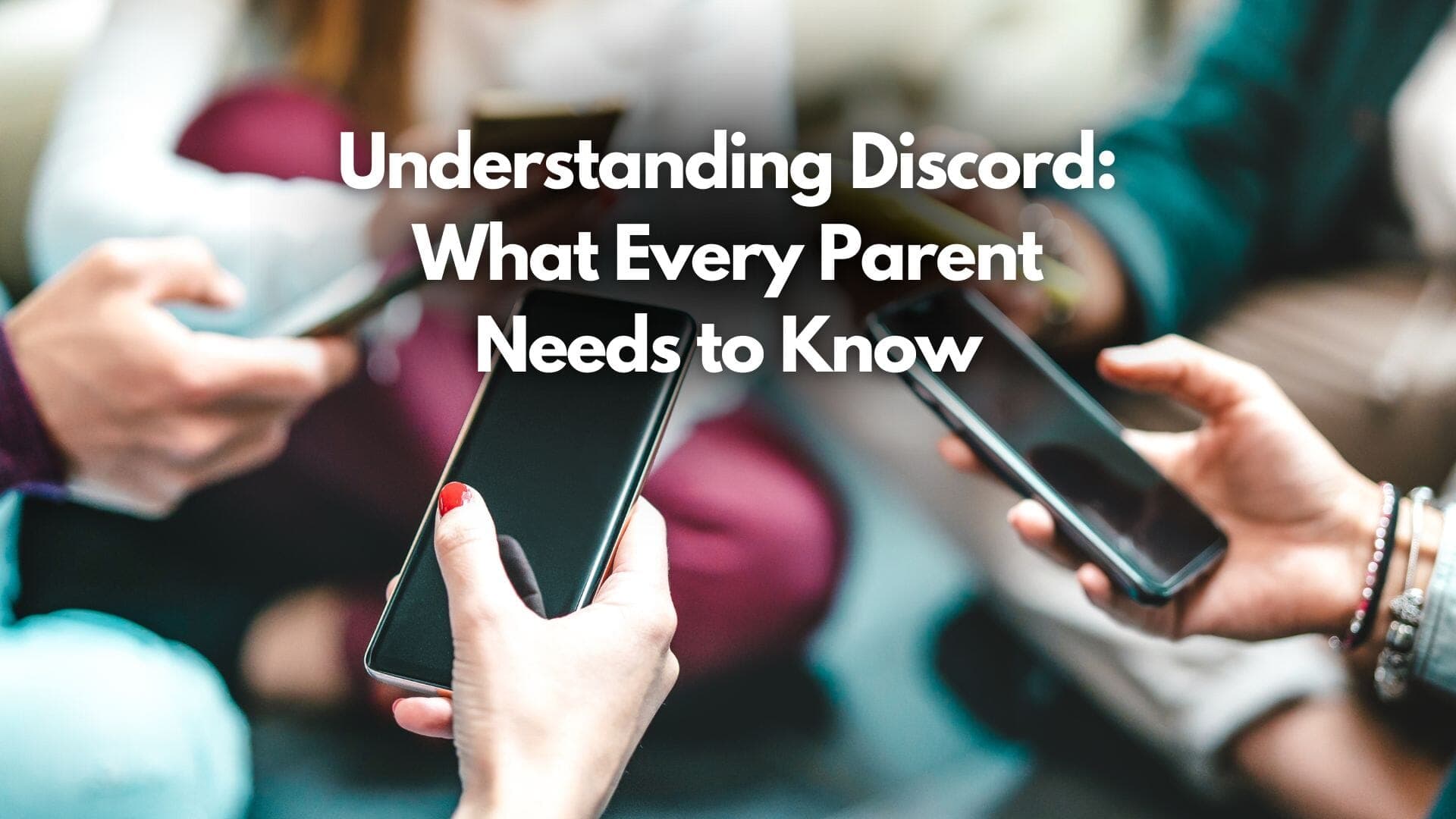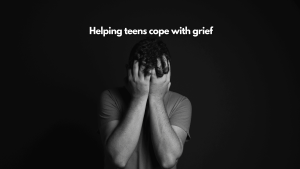We recently hosted a webinar on the critical issue of Discord and its impact on children’s online safety. With this platform gaining popularity among teens, it’s more important than ever for parents and guardians to understand the potential risks. In this blog, we’ll provide an overview of Discord, outline the risks, and share tips on protecting your child. To fully understand how to navigate this platform safely, we encourage you to watch our webinar, “Parent’s Guide to Discord.”
As a parent or guardian, keeping up with the latest online platforms can feel overwhelming, especially when it comes to your children’s safety. One platform that has gained significant popularity among teens is Discord, originally designed for gamers but now widely used by school groups, hobby communities, and friends alike.
While Discord can offer a fun and social experience, it also comes with risks that parents need to be aware of. In this blog, we’ll give you an overview of Discord, its potential risks, and tips on protecting your child.
What is Discord?
Discord is a free chat platform that allows users to communicate through text, voice, and video. While it started as a space for gamers to chat during online games, it has expanded into a hub for various communities, including school groups and even families. With over 300 million registered users globally, Discord has evolved far beyond its origins as a gamer’s tool.
The platform is structured around servers—virtual spaces where people can gather to talk or collaborate. Within these servers, there are channels dedicated to specific topics, and users can also send direct messages to one another. Although Discord’s setup might seem complex at first, it becomes easier to navigate once you’re familiar with these terms.
Why Teens Love Discord
For teens, Discord offers more than just a communication tool—it’s a social lifeline. Here’s why it’s so appealing:
-
Real-time communication: Whether your child is playing a game or just hanging out online, Discord allows them to talk to their friends instantly.
-
Private and public servers: Teens can create their own private servers with friends or join public servers dedicated to their favorite games, hobbies, or even school clubs.
-
Social connection: With its chat features, teens feel connected to their peers, making it easy to share interests and participate in a community.
The Risks of Discord
While Discord may sound like an innocent chat platform, it carries several risks that parents need to be aware of:
-
Inappropriate content: One of the biggest concerns is that Discord contains Not Safe For Work (NSFW) content, including pornography and explicit language. Teens can easily access this content if they aren’t monitored closely.
-
Online predators: Public servers, especially in gaming communities, can be breeding grounds for inappropriate interactions with strangers.
-
Lack of parental control: Discord’s parental control options are limited. Parents can’t see the actual conversations their children are having, which makes it harder to fully protect them from harmful content.
These risks highlight the importance of parental involvement and careful monitoring.
Parental Controls on Discord
Discord offers a feature called Family Center—designed to give parents insight into who their child is talking to. However, the functionality is quite limited. Parents can see the names of people their child interacts with, but they won’t have access to the actual conversations or content being shared. While there are options to blur or block sensitive content in direct messages, children can easily bypass this by clicking to reveal it.
The limited parental controls make it difficult for parents to effectively monitor their child’s experience on Discord, making other monitoring solutions necessary.
Using Monitoring Tools Like OurPact
Given the weaknesses in Discord’s built-in controls, it’s crucial to use third-party tools to monitor your child’s screen time and online activity. OurPact is one such app that allows you to:
-
Regulate screen time, ensuring your child isn’t spending too much time on apps like Discord.
-
Block apps, including Discord, during certain times of the day (like homework hours or bedtime).
-
Monitor the apps your child downloads and prevent re-downloading after deletion.
Other tools like cleanbrowsing.org offer additional web filtering to block access to inappropriate websites. These tools empower parents to stay on top of their child’s online behavior.
Talking to Your Kids About Discord
Navigating the conversation about Discord with your child can be tricky, especially if all their friends are using it. Instead of starting with strict rules, it’s best to open up a dialogue that encourages them to share.
Start by asking questions such as, “What do you like about Discord?” or “Why do your friends use it?” This shows genuine curiosity and avoids making them feel defensive.
You can also use conversational techniques like Feel-Felt-Found, where you validate their feelings, share a similar experience from your past, and then offer guidance. For example:
“I understand how you feel about wanting to talk to your friends. When I was your age, I felt the same way about calling my friends on the phone. Here’s what I found: some places online aren’t as safe as they seem.”
These strategies create a more collaborative environment, helping your child understand the risks while empowering them to make better decisions. Remember, regular check-ins about your child’s online activity help build trust and reinforce healthy online habits.
Should Your Child Be Using Discord?
Ultimately, the decision to allow your child to use Discord depends on their age and your comfort level with their online safety. Here are some things to consider:
-
Under 13: According to Discord’s user agreement, children under 13 should not use the platform.
-
Older children: With proper monitoring and restrictions, Discord can be used safely, but parents must stay actively engaged with their child’s online activity, using tools like OurPact to limit access when necessary.
Conclusion
Discord has become a popular platform for teens, but it’s important for parents to recognize the risks that come with it. Staying informed, setting clear boundaries, and fostering open communication are key to ensuring your child’s safety on this platform. By taking a proactive approach, you can help them navigate Discord safely and responsibly.
We strongly encourage you to watch our “Parent’s Guide to Discord” webinar for an in-depth look at the platform, its potential dangers, and the tools available to protect your children. This webinar offers valuable insights into managing Discord, setting up parental controls, and addressing online risks effectively.
Don’t forget to share this blog with other parents and guardians to spread awareness about Discord-related risks. You can also invite Cyber Safety Cop to host a Cyber Safety Seminar for Parents at your school, offering actionable advice and guidance on keeping kids safe in the digital age.
Additionally, consider exploring resources like “Parenting in the Digital World: A Step-by-Step Guide to Internet Safety (3rd Edition)” by Clayton Cranford. Written by the nation’s leading law enforcement educator on social media and online safety for children, this book answers parents’ most important questions about keeping their children safe online.






